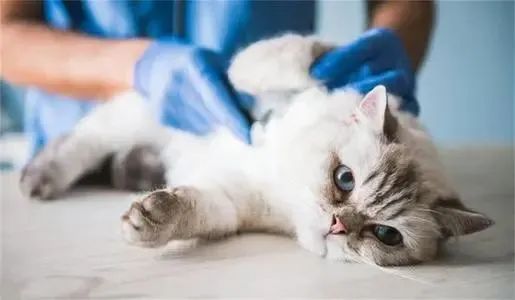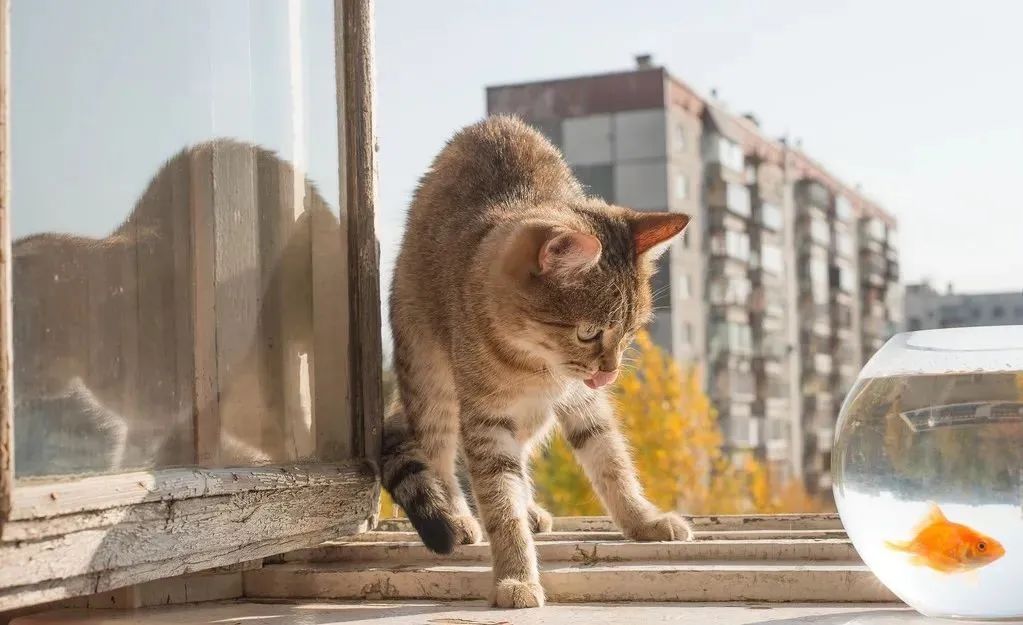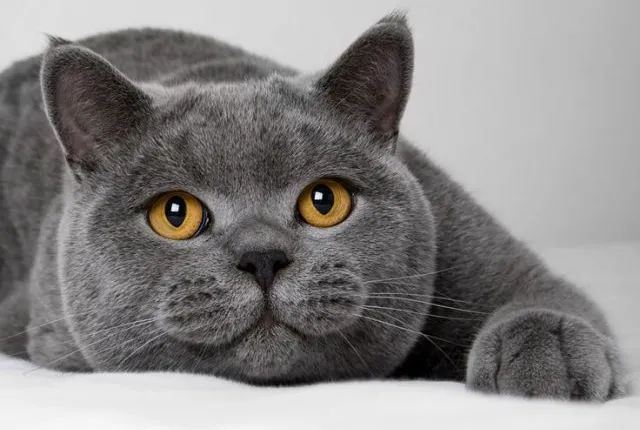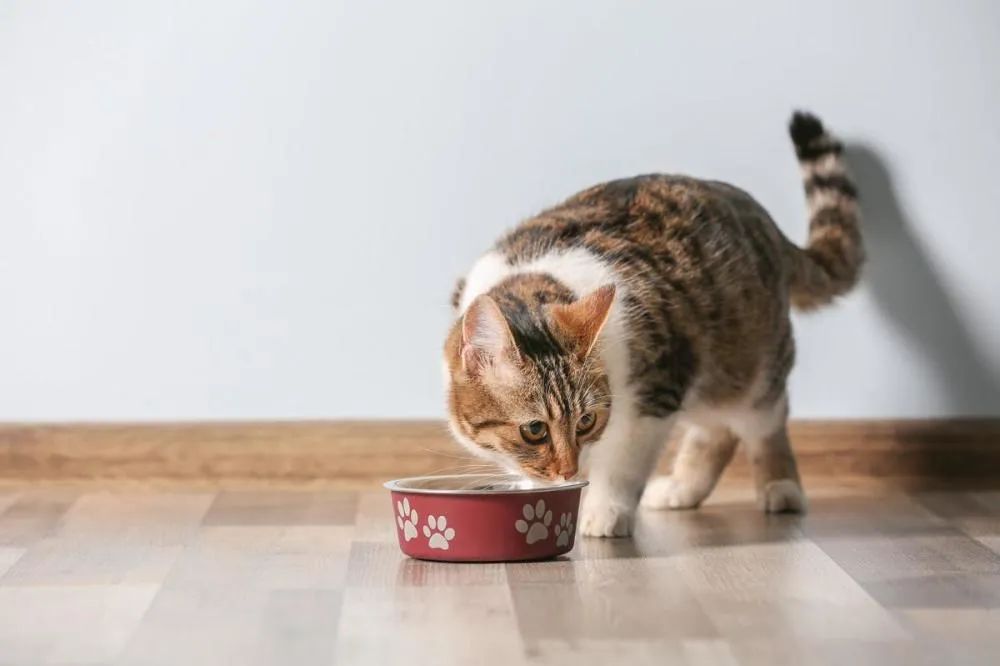

the average lifespan of cats is about 15 years, but some cats can live to 20 years old, while some cats can only live to 10 years old. not disease and aging, but them!
1. sterilization
there must be people who think that the lifespan of cats and sterilization do not have much to do with it, but it is not. because the cat after sterilization can effectively avoid many diseases caused by the reproductive organs, it is recommended that the cat have a better life and is best neutered. 
second, too thin or too fat
cats, like humans, can cause many adverse reactions if they are too thin or obese. excessive obesity can bring many complications, such as diabetes, heart disease and so on. but the body is not a good thing for the cat, too thin often represents malnutrition, poor gastrointestinal function, or parasites in the body, etc., these diseases will affect the length of the cat's life. 
third, the amount of exercise
long-term regular exercise can not only help the cat burn excess calories, but also increase the flexibility of the cat's joints and muscles, and slow down the aging rate of physical functions. therefore, the pet owner can usually use the cat stick to tease the cat, or do some small games with the cat, which can also make the cat more active while enhancing the intimacy of the pet. 
fourth, pure breed
whether a cat is purebred or not also has a lot to do with its lifespan. because purebred cats will have various genetic diseases, when it is old, it will die, and hybrid cats, because of their better physique, live longer than purebred cats. 
fifth, diet
to say that the factors that affect the length of life of cats, diet accounts for the largest proportion. because the cat eats unhealthily, it will affect its body, which will lead to a short life. therefore, the pet owner should stop giving the cat leftovers, and try to give the cat some high-quality and nutritionally balanced cat food.